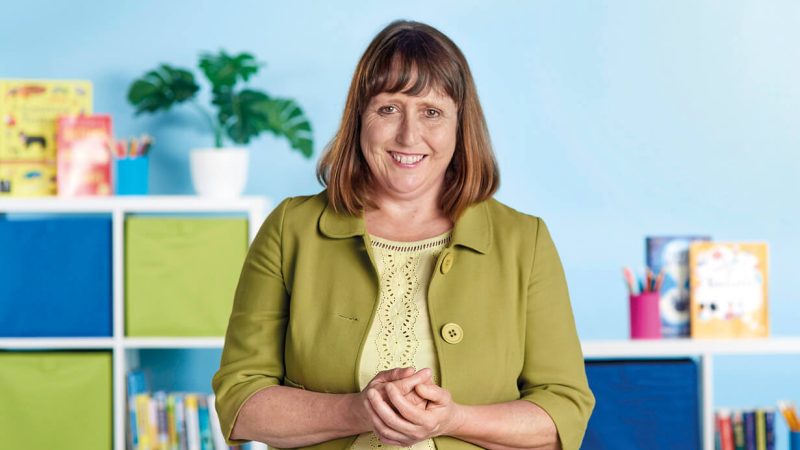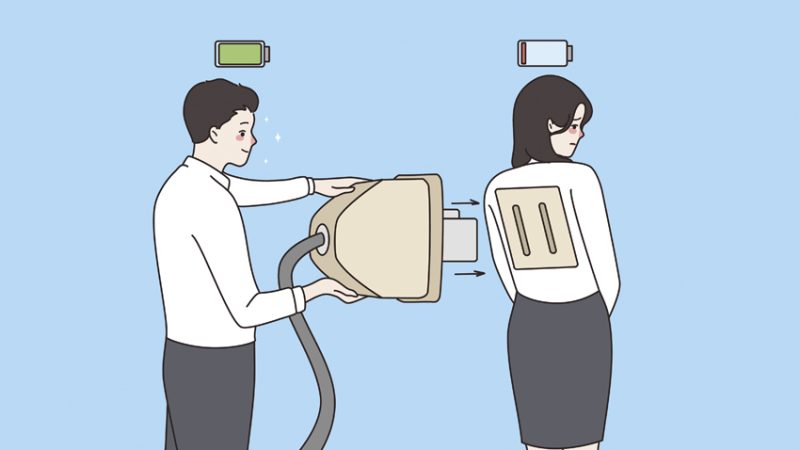Paperwork Is A Necessary Evil – But That’s No Excuse To Bury Your Staff Beneath A Mountain Of It

If it's taking up a substantial portion of every practitioner’s day, it really is important to make sure that it has a useful purpose

I’m sure those of you who always wanted to work with children never imagined all the paperwork you’d have to do. I know I didn’t! Almost all early years practitioners have to spend a large part of every day grappling with never-ending mountains of observations, activity plans and yearly checks.
Most of the time, I think we can accept paperwork as a necessary evil. It’s only right that there should be some form of structure to the day, and paperwork helps us with that, as well as giving us an efficient way to monitor children’s development and share our findings with parents.
It can be a little monotonous and reduce the time we have to interact with children, but that’s the price we have to pay to document progress effectively.
But if paperwork is taking up a substantial portion of every practitioner’s day, it really is important to make sure that it has a useful purpose. Something this time-consuming can’t just be a box-ticking exercise.
I’ve actually visited settings where paperwork has had a thoroughly detrimental effect on practice. We’ve probably all suffered the experience of being given more key children than we can handle, and having to catch up on paperwork on our lunch break – it’s a tiring and demoralising experience. It’s vital that practitioners aren’t given more than they can be reasonably expected to deal with. Expecting a single person to fill out paperwork on dozens of children simply isn’t practical, and isn’t fair on the practitioner or the children.
Workloads can be managed by ensuring every staff member has a roughly equal number of key children assigned to them. It’s also a good idea to give practitioners time during the week to get away from the children and devote themselves to their paperwork. Almost every setting has one day in a week that’s quieter than the other – this is the perfect time to let staff members flee to the comparative quiet of the staffroom, or some other appropriate space, and really knuckle down.
We practitioners can identify good times to do a bit of paperwork within our rooms too. Personally, I find mealtimes are often suitable, as (hopefully!) all children are sat nicely at their tables, and it isn’t too much of a stretch to supervise a table whilst also writing up an observation. The beginning and end of each day are also good times to get things done, as there are normally fewer children in the setting.
In the end, management have to make sure that staff levels are appropriate. If there are only enough practitioners in the setting to cover the bare minimum ratio requirements, this is likely to lead to paperwork problems. If staff are perpetually snowed under with administrative tasks, it may be time to consider hiring a few more. Even one or two extras employed as lunchtime cover can make a huge difference by helping full-timers get out of their rooms for a few minutes.
Conversely, some settings I’ve visited have been somewhat lacking in the paperwork department. Observations are left undone until around the time Ofsted are expected to pay a visit, and sometimes simple things like day sheets are never filled out. Unless a practitioner is some kind of savant, it’s unlikely they’ll be able to remember the ins and outs of two dozen children’s days (including what they ate and when they had their nappies changed!). There’s a balance to be struck – just as there can be too much paperwork, there can also be too little. An open dialogue between all staff and management helps to establish what paperwork is appropriate and how it can be managed effectively.
Finally, remember that the paperwork we complete must bear some resemblance to reality! Too often, I’ve seen activities painstakingly planned to support children’s development, tying in with their interests and developmental requirements… only for said activities to never happen. It’s up to individual practitioners to make sure what they plan is actually carried out, but management also carry responsibility for making sure staff have the time to do their jobs and aren’t suffocating under a heap of paperwork the size of Everest…
The Secret Practitioner works in a private nursery and preschool in Greater Manchester.










